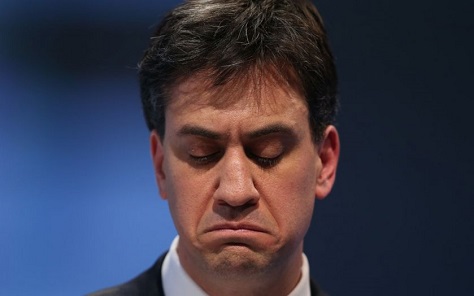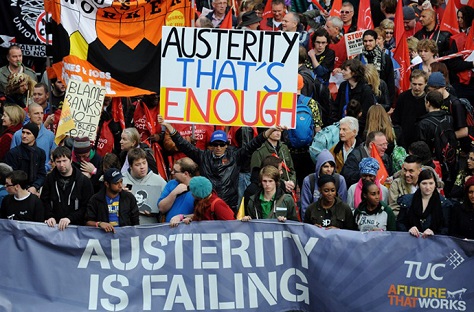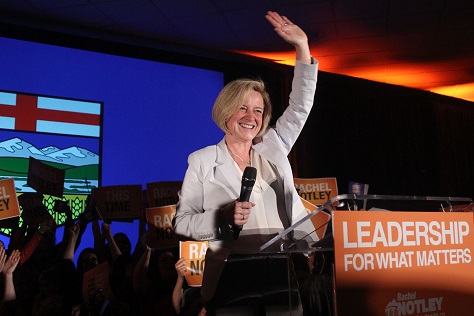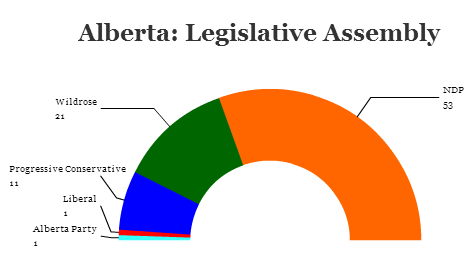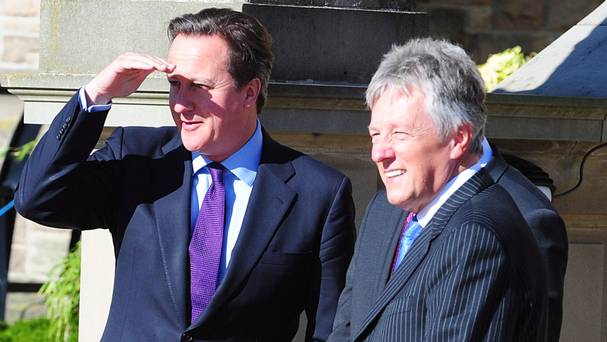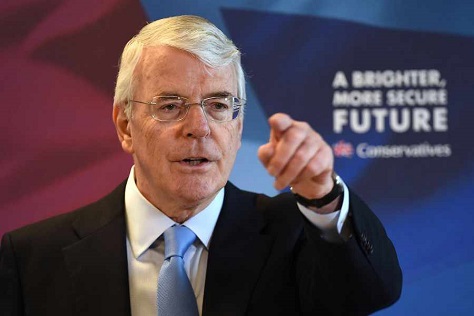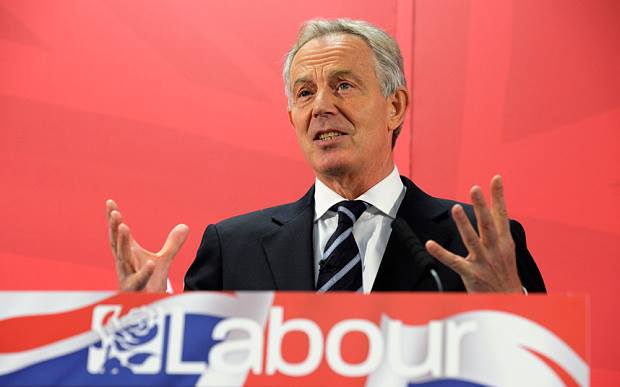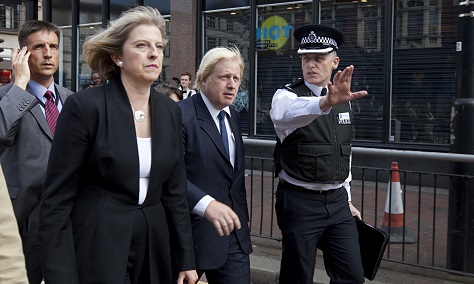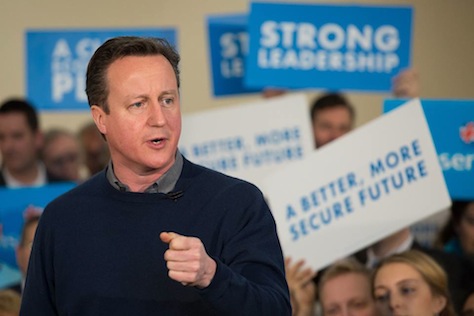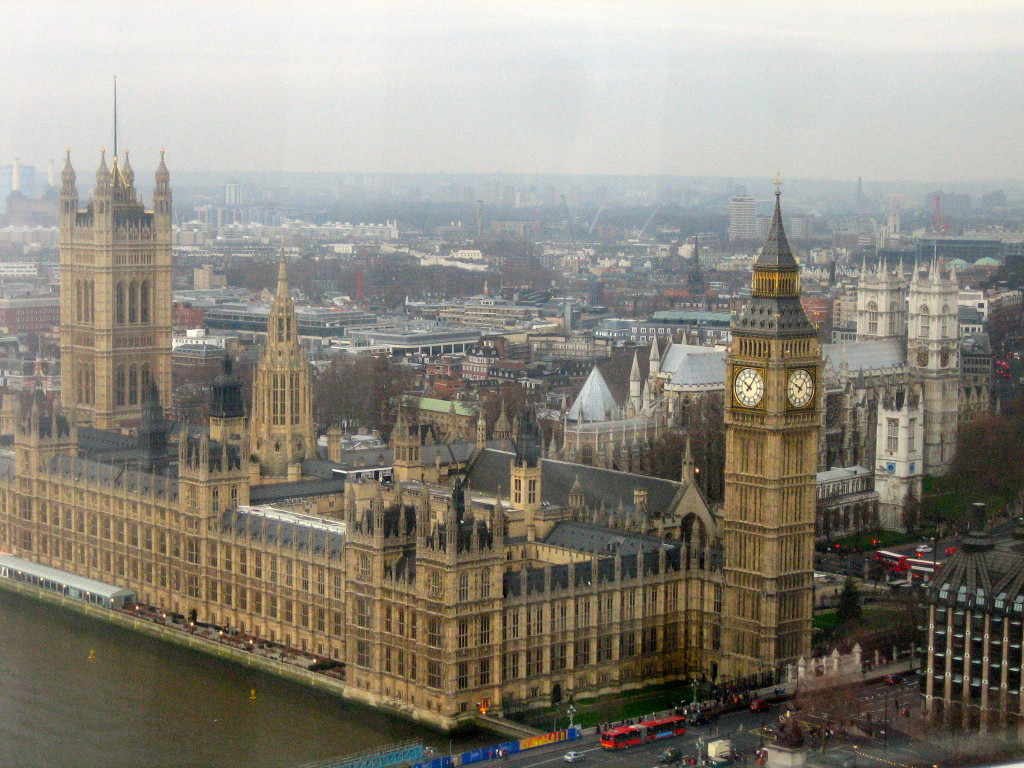
Throughout the night, Suffragio will be live-blogging the results of the United Kingdom’s general election to elect all 650 members of the House of Commons.
BBC Exit Poll
10:23 pm GMT, 5:23 pm ET
It hardly seems correct, but BBC’s exit polls have the Conservatives just short of a majority, winning nine additional seats from the current House of Commons. It’s a fabulous drop for Labour, a great night for the Scottish nationalists and a horrific bloodbath for the Liberal Democrats. Nonetheless, if the numbers are correct, it will put the Tories in pole position to form the next government. Ironically, though the Lib Dems are forecast, in this poll, to lose 46 of their 56 seats, they would, together with the Tories, be able to cobble a majority. This assumes that Nick Clegg, the Liberal Democratic leader and deputy prime minister, holds onto his seat in Sheffield Hallam, and will enter into a fresh coalition with the Conservatives.
Note that the Northern Irish Democratic Unionist Party (DUP), which currently holds eight seats, could give a new Tory/Lib Dem coalition an extra margin of comfort. Note that if Sinn Féin wins five seats (as in 2010), the Tories need only a 323-seat majority, not 326, because those MPs refuse to sit in Westminster.
Conservative Party — 325 (revised from 316)
Labour Party — 232 (revised from 239)
Scottish National Party — 56 (revised from 58)
Liberal Democrats — 12 (revised from 10)
United Kingdom Independence Party (UKIP) — 1 (revised from 2)
Green Party — 1 (revised from 2)
* * * * *
Morley and Outwood
8:20 am GMT, 3:20 ET
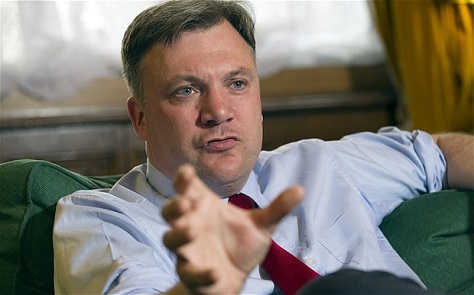
Ed Balls, the shadow chancellor who attacked the Tories relentlessly over austerity, has lost his election. A longtime aide to former prime minister Gordon Brown from 1990 until his election to parliament in 2005, Balls finished third in the 2010 Labour leadership election behind the two Miliband brothers. That he’s lost his Leeds constituency is Labour’s chief ‘Portillo moment’ — the defenestration of one of the party’s potential new leaders. Notwithstanding Balls’s defeat, his wife, shadow home secretary Yvette Cooper, remains a top contender to succeed Ed Miliband.
Conservative — 18,776 (17,264)
Labour — 18,354 (18,365)
UKIP — 7,951 (1,505)
LibDem — 1,426 (8,186)
Green — 1,264 (0)
* * * * *
Brighton Pavillion
7:54 am GMT, 2:54 ET

Caroline Lucas easily wins reelection, giving the Greens an important victory. The Green Party is now winning 3.7% of the vote nationally, but it will hold just this seat — Natalie Bennett, the party’s leader, who struggled at times during the campaign, finished third in the Holborn and St Pancras constituency. Nevertheless, it represents a huge leap forward for the Greens — a rise from the 0.9% it won in 2010.
Green — 22,871 (16,238)
Labour — 14,904 (14,986)
Conservative — 12,448 (12,275)
UKIP — 2,724 (948)
LibDem — 1,525 (7,159)
* * * * *
6:45 am GMT, 1:45 ET
I’m ending the live blog now. All three major party leaders are expected to address the public widely tomorrow, and there are still plenty of outstanding seats.
We’re still waiting for final results in Rochester & Strood, where UKIP MP Mark Reckless, a Tory convert, was expected to lose.
We’re also still waiting for South Thanet’s results, where Nigel Farage, the UKIP leader, has said he’ll resign as UKIP leader if he loses the constituency.
In Leeds, we’re still waiting for results from the Morley and Outwood constituency, where Labour’s shadow chancellor Ed Balls is in a tough fight — if he loses, Labour will lose a potential leadership candidate.
RELATED: The race to succeed Ed Miliband begins tonight
RELATED: Seven things to watch for in Cameron’s next government
* * * * *
Solihull
6:11 am GMT, 1:11 ET
This was a classic seat — the Liberal Democrats had to win this seat to retain even 30 seats. Instead, it lost it by a wide margin.
Conservative — 26,956 (2,746)
LibDem — 14,054 (23,635)
Labour — 5,693 (4,891)
UKIP — 6,361 (1,200)
Green — 1,632 (0)
* * * * * Continue reading LIVE BLOG: UK election results →
![]()
